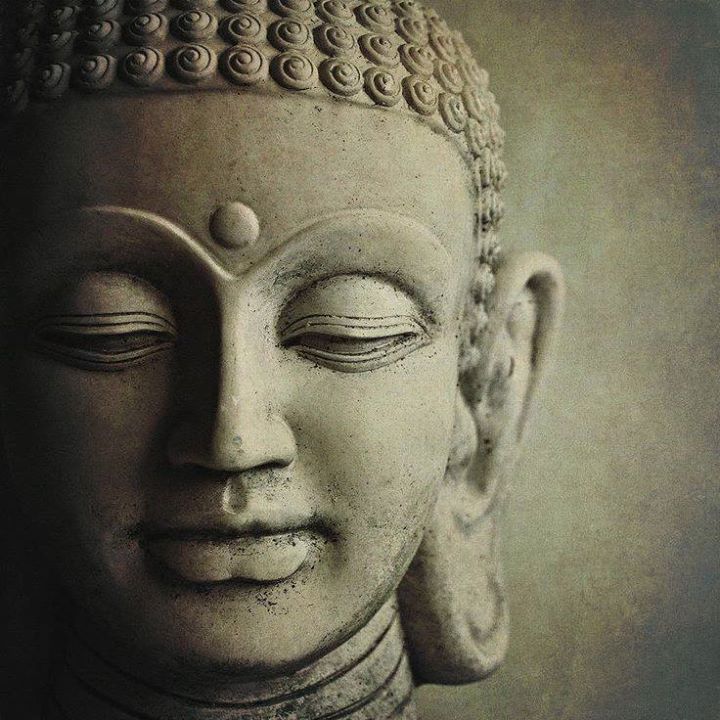Course Description
Welcome to our online course on the Basics of Indian Philosophy! Embark on a fascinating exploration of the philosophical traditions that have shaped the rich cultural tapestry of India for centuries. Delve into profound concepts, ancient wisdom, and diverse schools of thought that offer profound insights into the nature of reality, human existence, and the pursuit of knowledge. Whether you’re a beginner or have a curious mind seeking to deepen your understanding, our comprehensive course is designed to introduce you to the fundamental principles and key philosophical traditions of India.
What You’ll Learn From This Course
- Introduction to Indian Philosophy: Begin your philosophical journey with an overview of Indian philosophy’s historical context, its significance within Indian culture, and its influence on various aspects of society. Gain an understanding of the unique perspectives and approaches that distinguish Indian philosophical thought.
- Vedanta Philosophy: Explore the Vedanta school of thought, which encompasses profound texts like the Upanishads and the Bhagavad Gita. Delve into concepts such as Atman (self), Brahman (ultimate reality), and the interconnectedness of all beings. Discover the paths of knowledge (Jnana), devotion (Bhakti), and selfless action (Karma) as means to spiritual realization.
- Yoga Philosophy: Dive into the philosophical foundations of Yoga, which extends beyond the physical practice. Explore the eight limbs of Yoga as described in Patanjali’s Yoga Sutras, including ethical principles (Yamas and Niyamas), physical postures (Asanas), breath control (Pranayama), concentration (Dharana), meditation (Dhyana), and spiritual absorption (Samadhi). Understand the transformative power of Yoga in attaining inner harmony and self-realization.
- Samkhya Philosophy: Explore the dualistic philosophy of Samkhya, which examines the nature of reality through the concepts of Purusha (consciousness) and Prakriti (matter). Delve into the analysis of the components of the universe, the gunas (qualities), and the journey of liberation (Moksha) through the discernment of the self from the material world.
- Nyaya-Vaisheshika Philosophy: Gain insights into the logical and analytical systems of Nyaya and the atomic theory of Vaisheshika. Explore the methods of logical reasoning, debate, and inference (Nyaya) and the classification of matter into atoms and their properties (Vaisheshika). Understand how these philosophical traditions contribute to the understanding of knowledge and reality.
- Jain Philosophy: Discover the principles and practices of Jainism, an ancient Indian philosophy that emphasizes non-violence (Ahimsa), truth (Satya), and non-possessiveness (Aparigraha). Explore the concepts of karma, soul (Jiva), and the pursuit of liberation (Moksha) through spiritual purification and ethical living.
- Buddhist Philosophy: Explore the teachings of Buddhism, which originated in ancient India and spread across the globe. Understand the Four Noble Truths, the concept of impermanence (Anicca), the Middle Way, and the practices of mindfulness and meditation. Discover the different schools of Buddhist philosophy, including Theravada, Mahayana, and Vajrayana.
- Cultural Significance and Relevance: Gain an appreciation for the cultural significance of Indian philosophy and its enduring relevance in contemporary times. Explore how these philosophical traditions have influenced various aspects of Indian society, including art, literature, ethics, and social dynamics.
Enroll in our Basics of Indian Philosophy course and embark on a transformative intellectual journey. Gain a deeper understanding of Indian thought, broaden your perspective on life’s fundamental questions, and cultivate wisdom that transcends boundaries. Join us today to explore the timeless wisdom of Indian philosophy and its profound impact on human existence!








Reviews
There are no reviews yet.